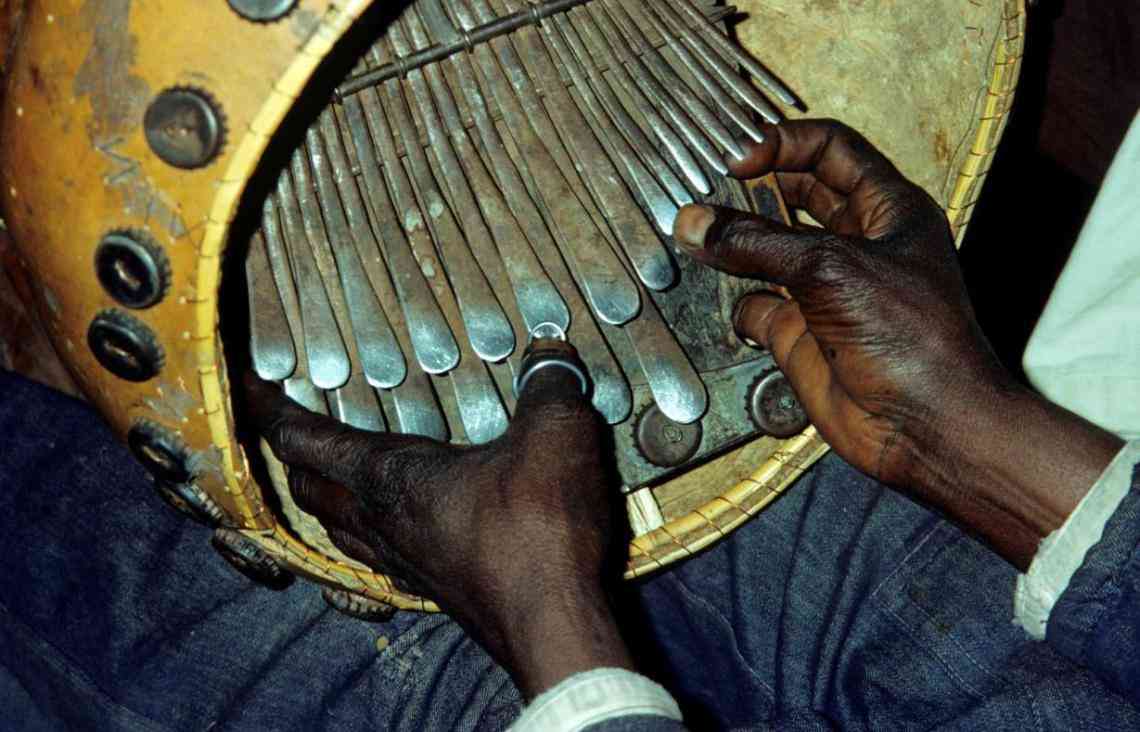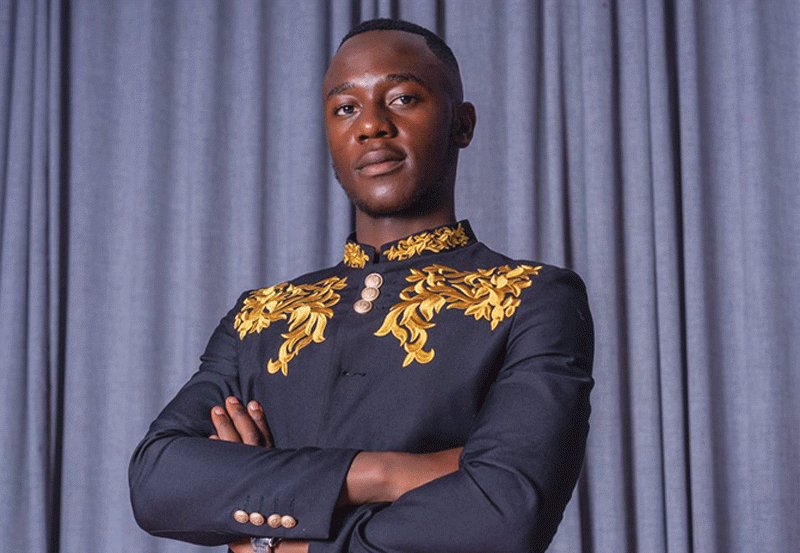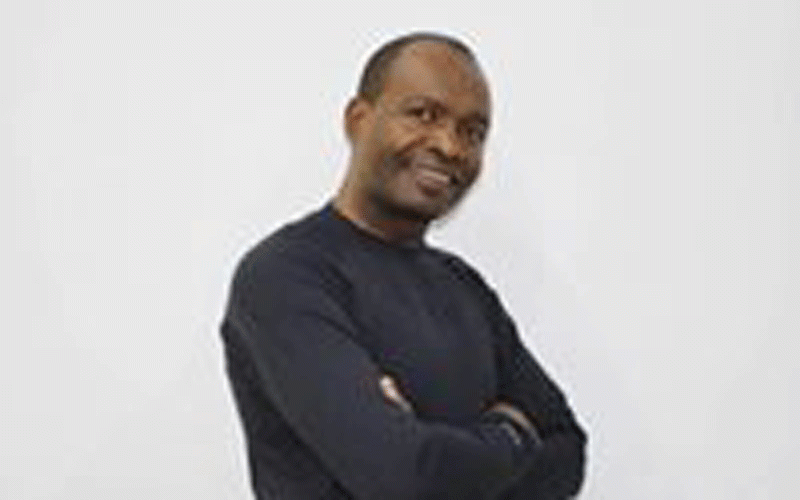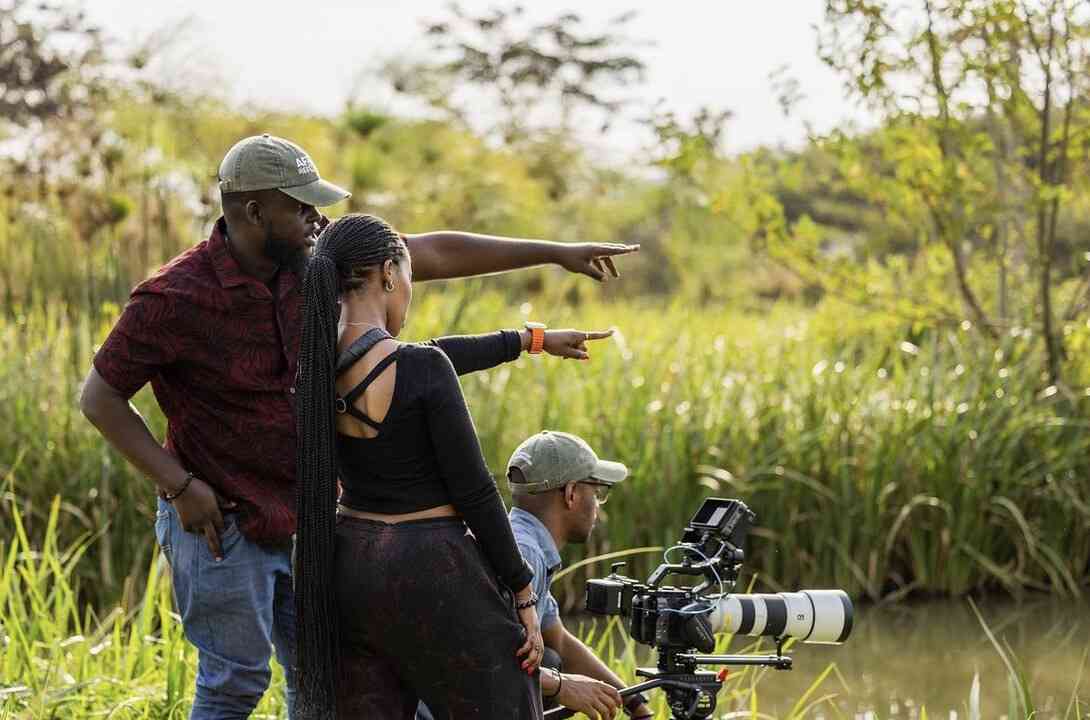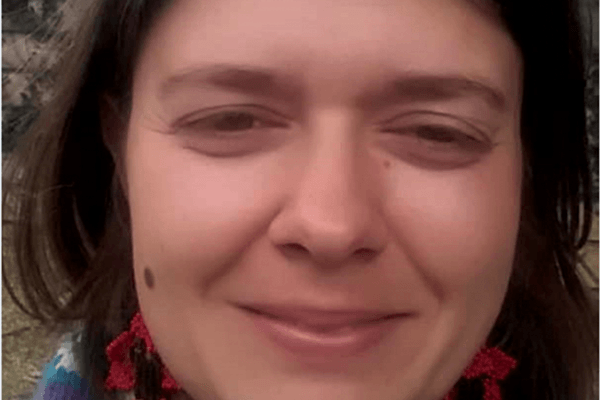
SNEAK PEEK Tafadzwa Kachiko
Polish-American musician, writer, teacher, director, translator, and healer, Klara Wojtkowska (KW), first visited Zimbabwe for seven days in 2010 and later spent three weeks in the country during the same year.
She then visited again in 2012, 2013 and 2014. In 2017, she decided to move to Zimbabwe. NewsDay Life & Style correspondent Tafadzwa Kachiko (ND) recently caught up with Wojtkowska at Alliance Francaise after the staging of the play she directed, Song of the Sacred Mountain, for a discussion. Below are excerpts from the interview:
ND: In 2017, you made a bold decision to consider Zimbabwe as your other home. How has been your stay since?
KW: It’s been amazing. Zimbabwe is a spectacularly beautiful country, and it has certainly kept me on my toes. It has not been boring in the slightest.
ND: Do you have a totem yet? How about a name in the local language?
KW: Yes, I was adopted into the Shumba totem. As for a name, no, not yet. Nothing has felt quite right in regards to a name.
ND: You’re such a versatile artist. Were you born talented in all of those areas or you went to study them at school?
- Chamisa under fire over US$120K donation
- Mavhunga puts DeMbare into Chibuku quarterfinals
- Pension funds bet on Cabora Bassa oilfields
- Councils defy govt fire tender directive
Keep Reading
KW: I suppose I was born with some gifts and then schools did what they did to sharpen them. Nevertheless, school in itself does not teach. A person has to be hungry for knowledge, and then everything that person does is part of the process of learning.
Most of my school-learning was simply a good platform for me to conduct my own explorations, with some excellent teachers who helped me on the way. I have always been a reader, and I’ve studied a lot of things deeply on my own as well. I consider myself a lifelong student, but there is certainly a pattern in terms of the things that I’ve been drawn to.
ND: Which art do you prefer and enjoy doing the most and why?
KW: The place where my soul feels happiest is when I am a medicine singer in ceremony. You could say that is the job of the gwenyambira in a bira. For me, however, because I come from many traditions and mix them, playing music for living ceremony, and seeing the song tangle with the dancing legs of the spirit is where I feel most alive.
ND: What is your appreciation of Zimbabwe’s arts industry?
KW: I have trouble thinking of the arts in terms of an industry, which is a very Polish mentality. Polish tradition has art as a sacred task and practice, which is why our poets have been the guiding light of our conception of what it means for us to be a nation, though I’m not sure I believe in the concept of nation either, meaning the artists are the visionaries of any community — that includes Zimbabwe.
ND: Which local artists have you worked with so far?
KW: I have played violin for a number of people, including Jah Prayzah, Bob Nyabinde, Prudence Katomeni-Mbofana, Filbert Marowa, a lot of mbira players and a lot of the jazz musicians.
In terms of my own music, the album that I am releasing this month features mbira player Kelvin “Gwenyambira” Chikumbirike, jazz singer Raven Duchess and Clive “Mono” Mukundu, with his brilliant guitar. The latter is also producing the album.
With regards to theatre, I have worked with the Zimbabwe Theatre Academy, and now Theatre in the Park and Amakhosi Productions in Bulawayo. It was a very wonderful experience working with all those.
ND: You recently produced and directed ceremony theatre plays, Nzara and Song of the Sacred Mountain. Can you define this type of theatre?
KW: It is more ceremony than theatre, and takes the non-human world to be the first and foremost audience. That audience is present and listening, and treats the intention of the heart, and the quality of the character as extremely important in the work.
It is a theatre, as I told my students, where we have to stop pretending. We must stop acting. It is a paradox, in that sense. It means the intention of the gesture is more important than the gesture, but not in order to play a character accurately or well — rather, in order to forge within ourselves the highest intention. It is a thing in service to the thing that gives life.
ND: Do you think it is still relevant in this contemporary world?
KW: I don’t like the word “relevant”. It doesn’t fit the way I see things, especially sacred matters of art and expression. The contemporary world suffers precisely because it throws away everything it does not consider relevant — like sick people, old people, and ancient arts, anything that takes time and discipline, wisdom, any language besides those widely spoken, and anything that does not bring in money. However, it is because of this tendency that our “contemporary world” is as sick as it is. Therefore, bringing ceremony as a living art, meaning, as something that is not married to tradition for tradition’s sake, and neither as something that is simply made up from a human head is what will heal our contemporary world of its strange sickness.
ND: You will be publishing the book Wild Medicine: A Journey to Zimbabwe soon. What does it entail?
KW: It’s about healing and my own journey through illness and to Zimbabwe. It is a book about my own journey, music, ceremony, my family, the corrupted systems whose rules we try to live by, and what it means to return ourselves to the earth. It is actually one of two books — I wrote them simultaneously — one in Polish and the other in English. They ended up being completely different books, but more or less about the same thing. I tend to think the Polish one is better. It’s my mother tongue. So, maybe that’s why. In some way, the full picture of the journey can only be gotten by reading both of them. The Polish one is called Będziemy się za was Modlić: z Polski do Zimbabwe ścieżkami Przodków; meaning, We Will Pray for You: From Poland to Zimbabwe by the Roads of the Ancestors. It will be published in August and the English version in October or November. They will be available online.
ND: How have your researches in Zimbabwe been going?
KW: I have learnt a lot. Most of the learning however, has been character-building, and that means that the result is in the flavour of what grows out of my life. I can only pray that it is a good thing.
ND: Would you invite Zimbabwean artists to Poland for an exchange programme?
KW: I am currently working on that. It may take some time, but it’s one of my goals.
ND: What is the relationship between music and culture?
KW: I consider music to be the highest calling, and the bridge-builder for all things, including storytelling.
It lays the foundation for everything, and, as all musicians know, it is the best way to hang out with other people. Musicians playing music together can go hours doing just that, and it will be the best time you will ever have.
ND: Can you draw a line between the local culture and that of Poland?
KW: Yes. I find deep Polish culture and Shona culture to be very similar, with their focus on the forests, family, hospitality, respect towards the ancestors and the dead, honouring God, and a tradition of poetry and ceremony.
Apart from that, Polish culture tends to glorify and romanticise and our culture is quite idealistic, not always in a good way. We have a deep commitment to doing the right thing, no matter what the cost — in fact, because of our painful history, we identify with suffering peoples.
ND: Words of advice and encouragement to artists?
KW: Keep on singing your songs. They are beautiful and worthwhile.



